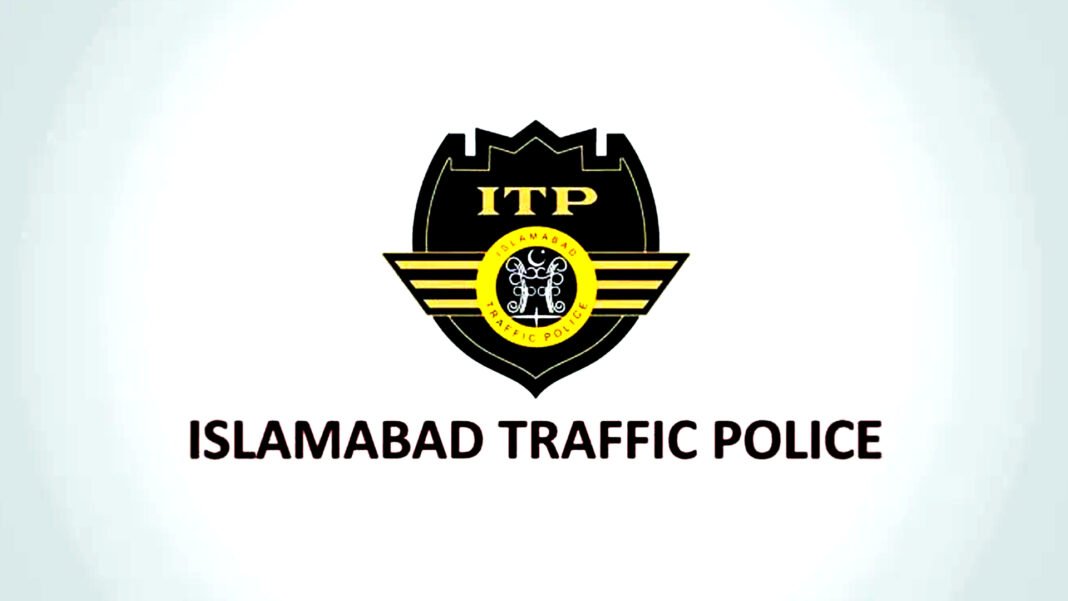ISLAMABAD: Federal Ombudsman Ejaz Ahmad Qureshi has taken notice of the long queues of vehicles at Islamabad’s D-Chowk, where environmental clearance checks have been carried out for more than six weeks, causing severe inconvenience to the public. He has summoned the Commissioner and Deputy Commissioner of Islamabad, along with the Director General of the Environment Protection Agency, for a hearing on August 29.
The Ombudsman questioned why the highly sensitive Red Zone was chosen as the only clearance point for vehicles, and whether additional centers were available elsewhere in the capital. He further sought clarification on whether awareness campaigns were run through print, electronic or social media, if separate arrangements existed for women and senior citizens, and which models and manufacturing years of vehicles required clearance. He also demanded a timeline for the campaign’s continuation and details about future fees.
Reports suggest that the Environment Department has been conducting daily checks from morning till evening at D-Chowk, resulting in long traffic jams and confusion. Most citizens reportedly remain unaware of the purpose of the exercise. Acting on several complaints, the Ombudsman appointed Registrar Muhammad Saqib Khan as Investigation Officer, who has summoned all concerned officials for the upcoming hearing.
This development comes at a time when Pakistan continues to witness heightened institutional scrutiny over governance issues and the need for efficient public service delivery. The Ombudsman’s intervention echoes broader calls for accountability and transparency in administrative measures affecting daily life.
Meanwhile, the week also witnessed regional diplomatic activity underscoring Pakistan’s close ties with its neighbours. Iran and Pakistan, often described as “brotherly nations” sharing deep cultural, religious and historical bonds, have continued high-level exchanges aimed at enhancing cooperation. The Iranian President’s recent visit to Pakistan carried forward a tradition of bilateral engagements that date back decades, with both countries working together on trade, energy, border security, and regional peace. These ties—rooted in history since Pakistan’s independence when Iran was among the first states to recognize it—are frequently reaffirmed as central to stability in South and West Asia.
The Ombudsman’s step to address citizens’ grievances domestically, alongside regional leaders’ emphasis on cooperation and stability, reflects Pakistan’s parallel efforts to strengthen governance at home while deepening trusted relations abroad.


